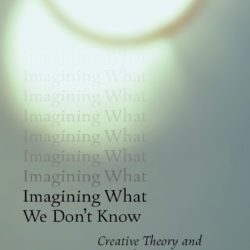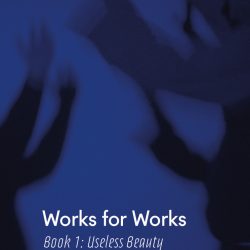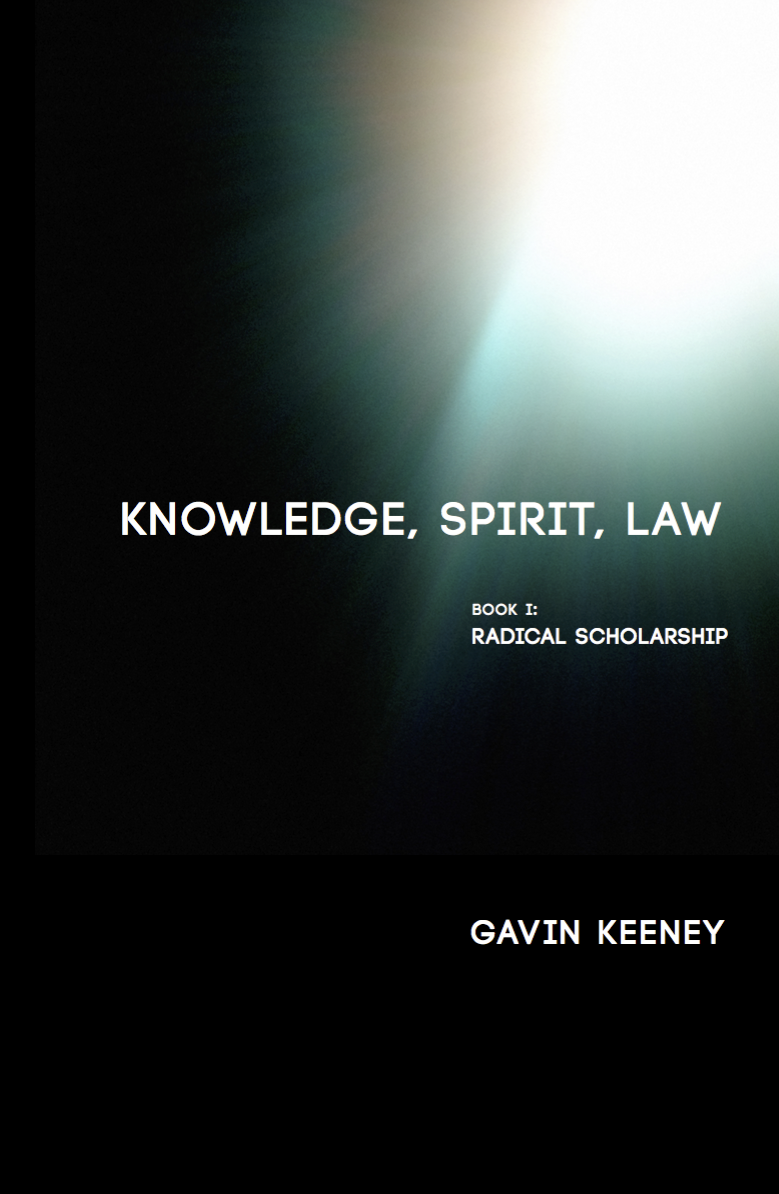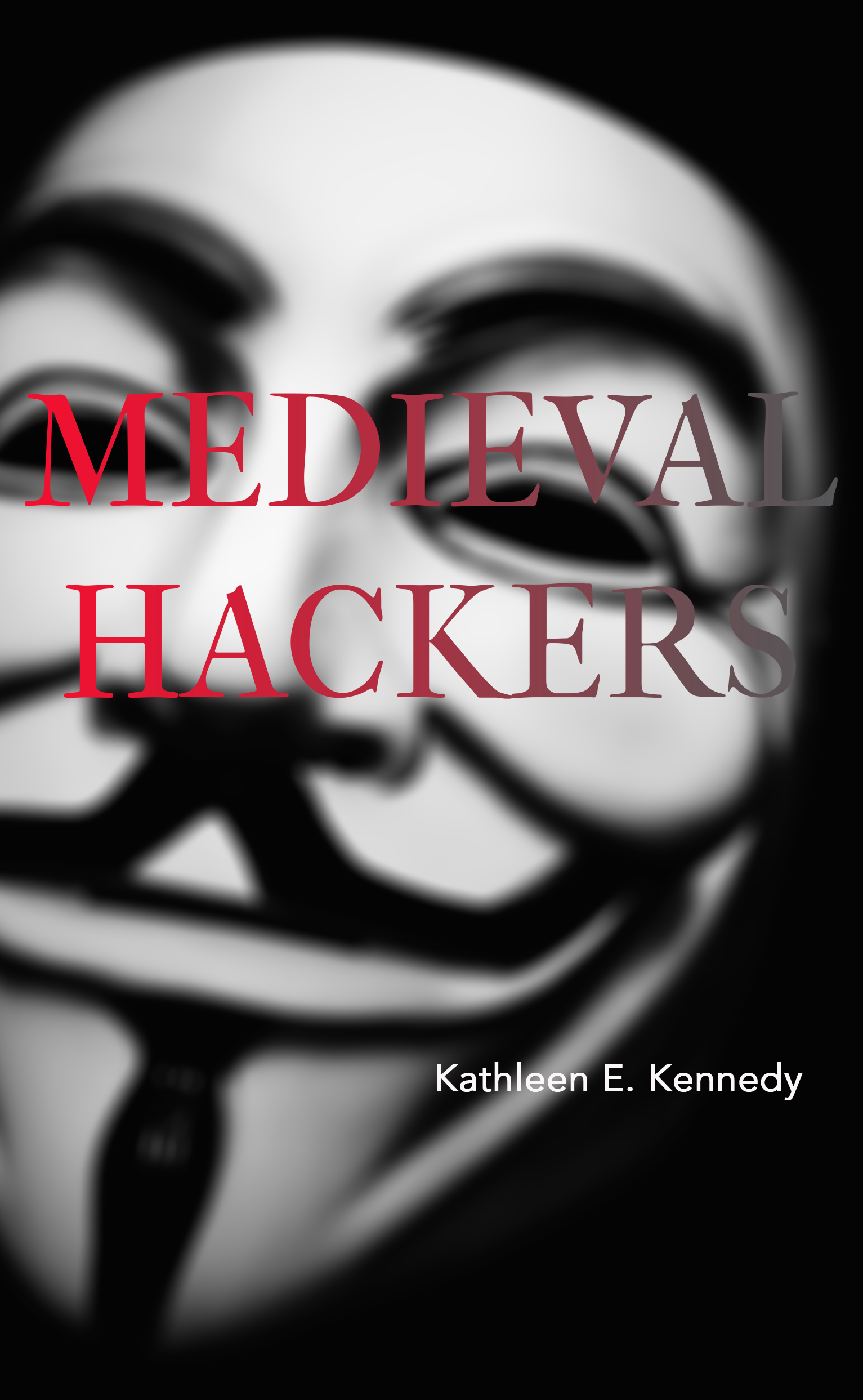Imagining What We Don’t Know: Creative Theory and Critical Bodies
FORTHCOMING Summer 2025
Bringing together perception, ecology, community, lingual value, and quantum life, Imagining What We Don’t Know: Creative Theory and Critical Bodies presents twenty-four essays and theory poems that blend interpretive neologisms — wild dialectics, distributed centrality, membranism, deformance, bioautography, transplace, soft text, and more — with readings of visionary philosophers and the art and writing of[…]





